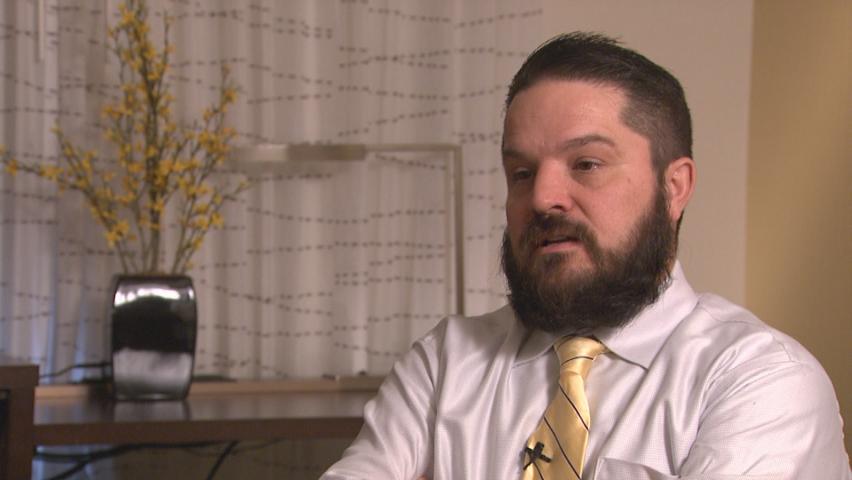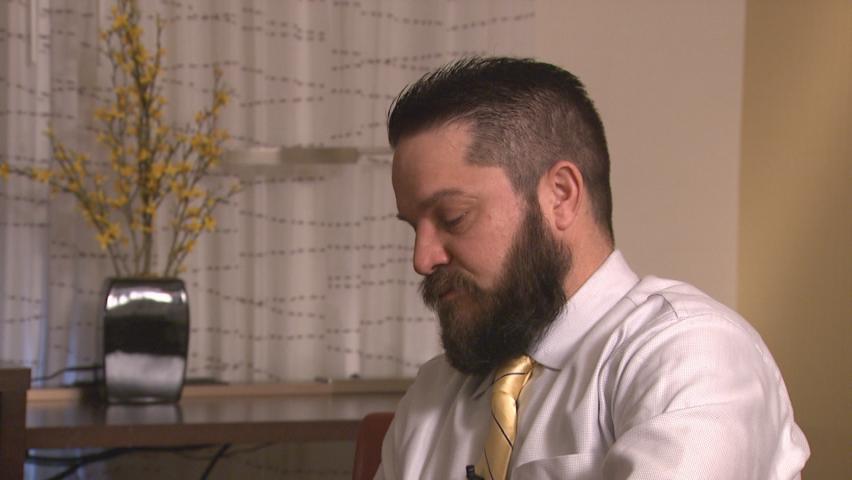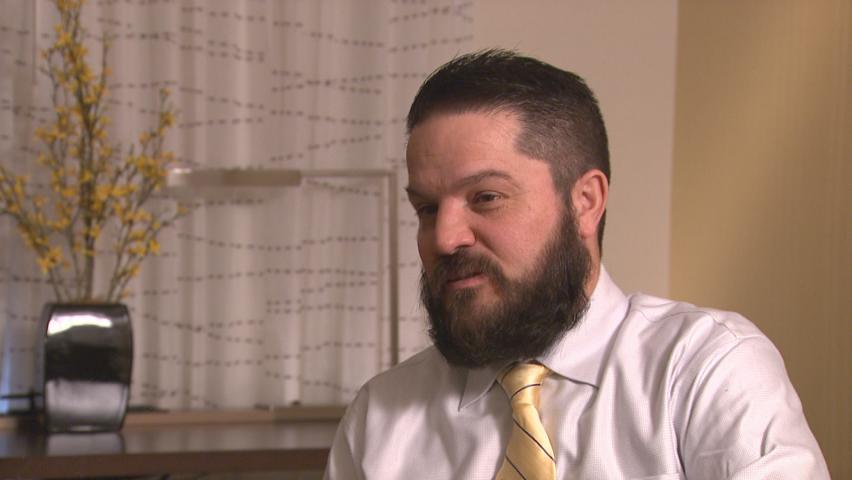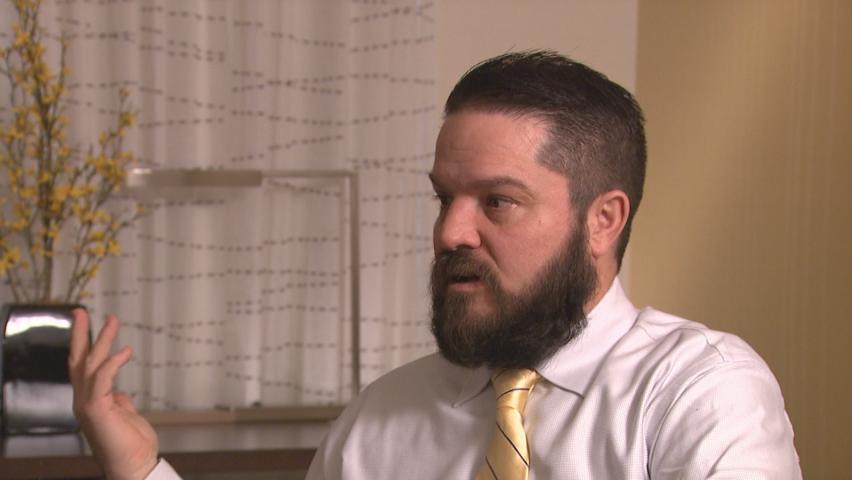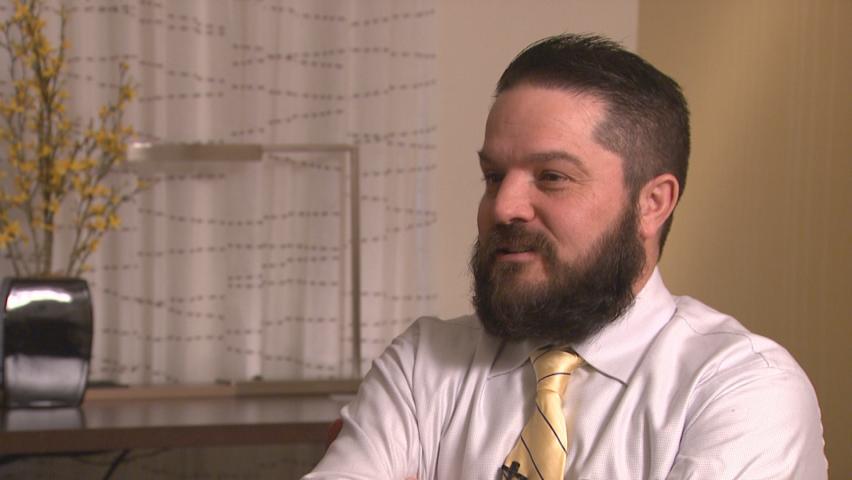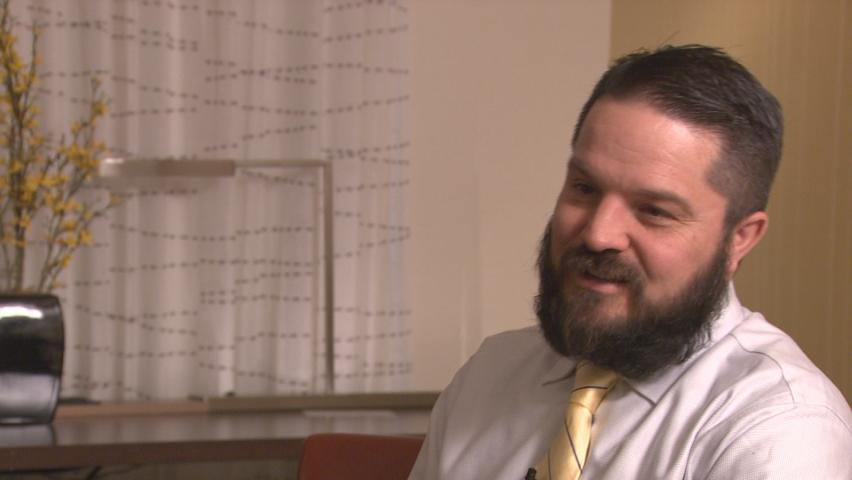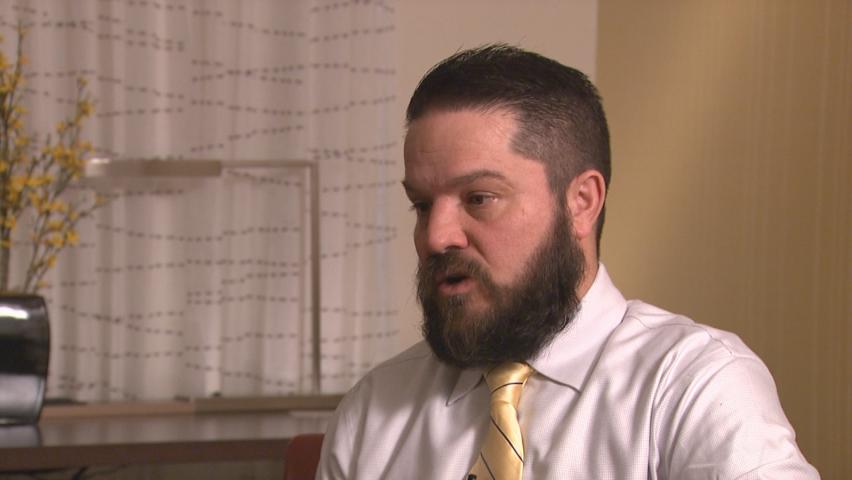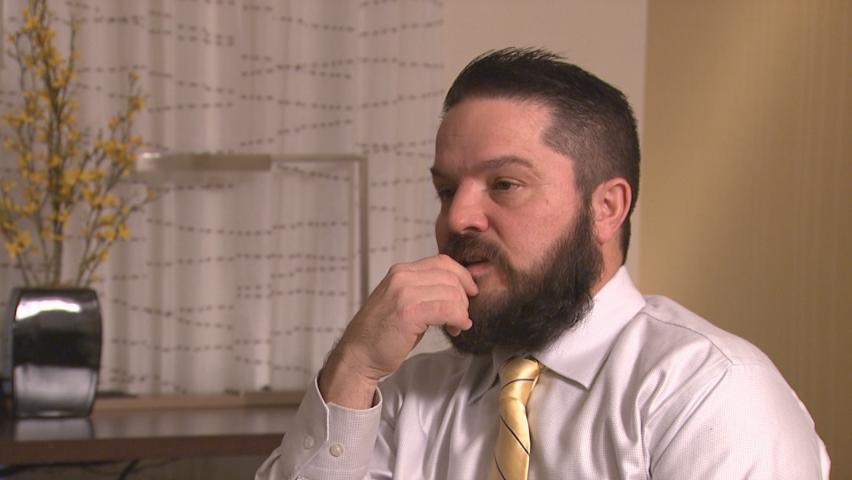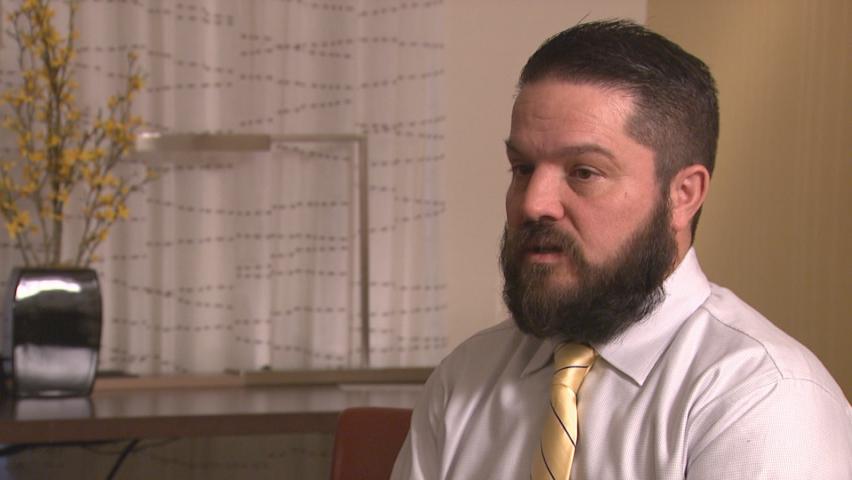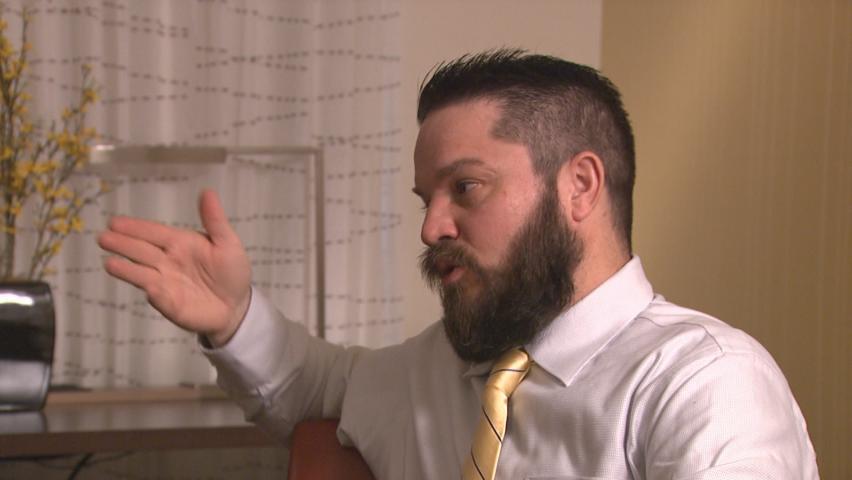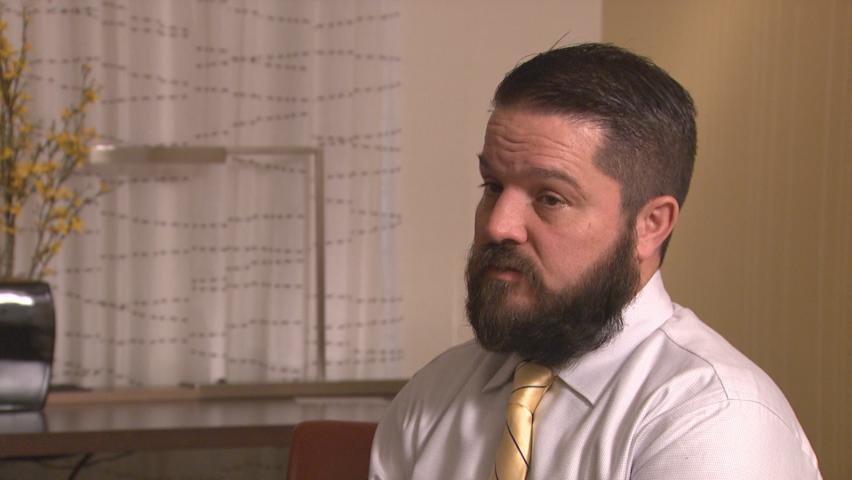Stabilization Forces
Heroes Remember
Stabilization Forces
Transcript
The war in Bosnia had been over for,
this is about three years after the end
of the war ended I believe in 1995 and
Canadian Forces were there for years
before that but as part of SFOR,
the Stabilization Forces,
we still had troops on the ground and
so it was a bit of a different
environment where we weren’t,
we really weren’t there between
belligerent forces on either side,
we were there to sort of maintain and
monitor a cease fire.
So my portion of that was in that
I got to travel quite a lot within the
country so there were security concerns.
We were still pretty mindful and
you had to be very careful of landmines.
It was the big concern in Bosnia at the time.
Landmines, uncleared routes, booby traps.
We were really at that point really
pushing ahead with de-mining so there was a
lot of that activity going on.
And there was resentment towards
SFOR in certain parts of the country.
Where we were in Bihac was
a Muslim environment,
we lived in a Muslim community which
was at odds with a good portion
of the rest of the country and across
the river was the Republic of Srpska
which was the Serb part of Bosnia.
I worked in division headquarters which was in,
the headquarters itself was in the
Republic of Srpska so I travelled back and
forth across the border quite often.
So I travelled to Banja Luka was
where I was based so you’d see the
transition from areas that had not seen
war through areas that were
completely destroyed.
I mean the areas looked like what our,
what you might see on documentaries
about World War Two.
So these were parts of the city
that are bombed out several years
before that would have been the
front lines between the Muslims and
the Croats or the Muslims and
the Serbs and there was quite
a lot of destruction left from that.
I travelled through those areas often and
when you travel from the Bosnian-Muslim
side to the Serbian side there was a
noticeable difference between people’s attitudes.
I think people in Coralici really valued
the fact that NATO forces were there
because it ensured their protection
whereas on the Serbian side there
was a feeling of resentment because
you were seen as someone who had
come from the outside to stop them
from advancing so there was a
noticeable change in culture.
Description
Mr. Palmer defines his duties post-Bosnian war.
Phil Palmer
Mr. Phil Palmer was born October 16, 1969 in Calgary, Alberta. Mr. Palmer’s desire for the military started at a very young age as he always knew someday he would join. After graduating from high school, Mr. Palmer immediately enlisted in the military. Mr. Palmer joined the infantry with the Royal Canadian Regiment, was a member of the Airborne Regiment as a Paratrooper 3 Commando and later transferred to the Intelligence Operations as an Intelligence Operator. Over the course of 26 years, Mr. Palmer deployed to areas of Somalia, Bosnia and two deployments to Afghanistan. Mr. Palmer discharged from the military and now resides in Ottawa with his wife and family.
Meta Data
- Medium:
- Video
- Owner:
- Veterans Affairs Canada
- Recorded:
- December 9, 2014
- Duration:
- 3:11
- Person Interviewed:
- Phil Palmer
- War, Conflict or Mission:
- Canadian Armed Forces
- Location/Theatre:
- Bosnia
- Branch:
- Army
- Rank:
- Caporal
Related Videos
- Date modified:



